Alexei Navalny's Biography
Alexei Anatolievich Navalny was a lawyer, popular opposition blogger and activist, founder of the Anti-Corruption Foundation, and chairman of the Progress Party. He previously served on Aeroflot's board of directors. He ran for Moscow mayor in 2013, finishing second.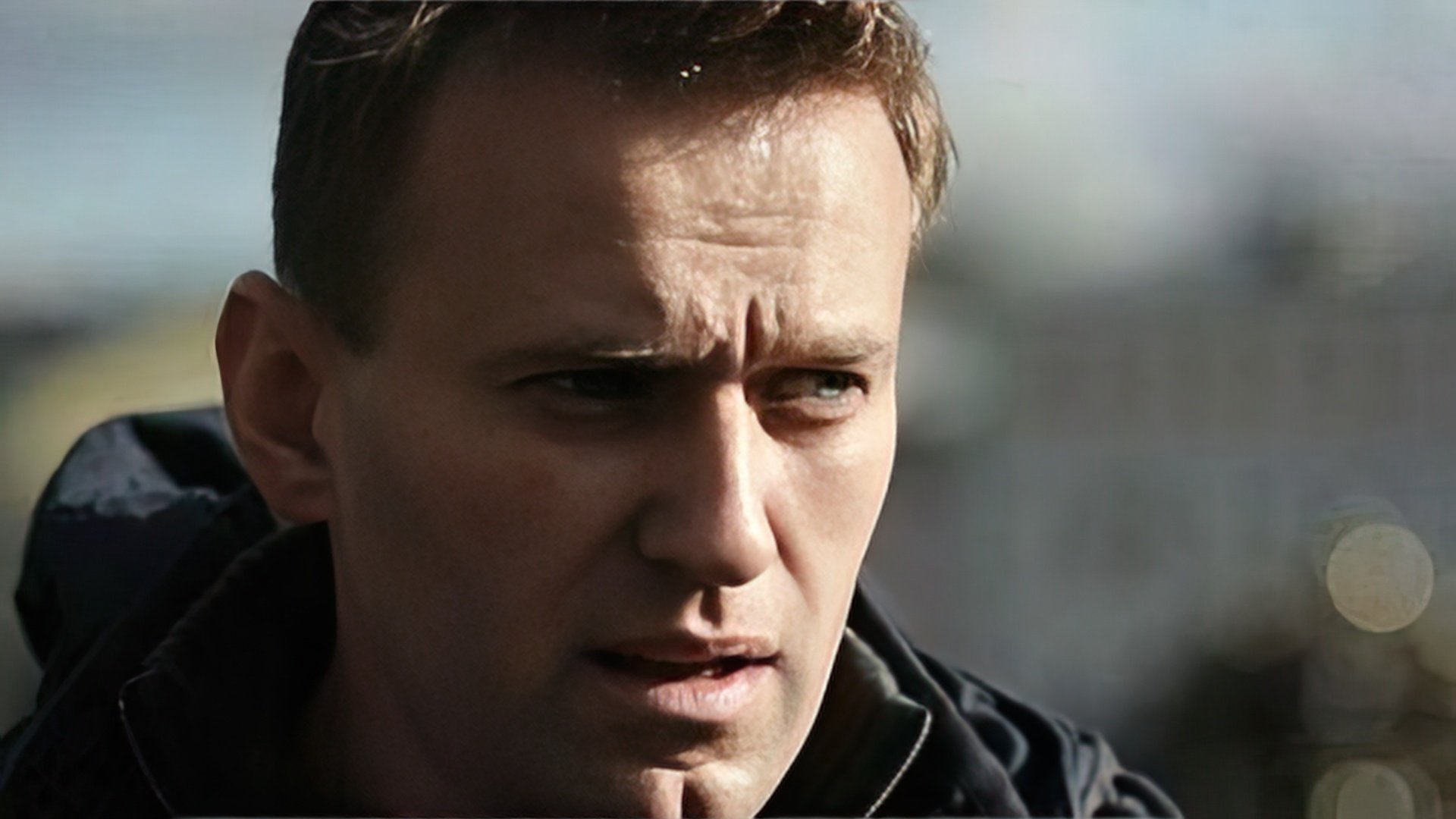
In 2013, Navalny was found guilty in the "Kirovles case". Three years later, the European Court of Human Rights ruled the case was politically motivated and ordered a review, but the court again found him guilty.
In January 2021, after returning from Germany where he'd been treated for poisoning in August 2020, Navalny was arrested for violating probation in the "Yves Rocher case" - technically, he wasn't allowed to leave Russia. That same year, authorities labeled the FBK and Navalny's network as extremist organizations and added Navalny himself to the terrorist and extremist list.
In March 2022, he was sentenced to nine years in prison for "fraud" and "contempt of court." From June 2022, he was held at IK-6 prison in the Vladimir region. In late 2023, he was secretly transferred to a prison colony in Kharp village in the Yamalo-Nenets region. On February 16, 2024, the Federal Penitentiary Service announced Navalny's death, citing a blood clot.
Childhood and Education
Alexei Navalny was born in Butyn, a suburban military town outside Moscow. His father, Anatoly Navalny, originally from the Chernobyl region, graduated from Kiev Military School before being assigned to Moscow. His mother, Lyudmila Ivanovna, grew up in a village near Zelenograd and graduated from the State University of Management. She worked as a laboratory assistant at a microelectronics research institute before moving to a woodworking factory.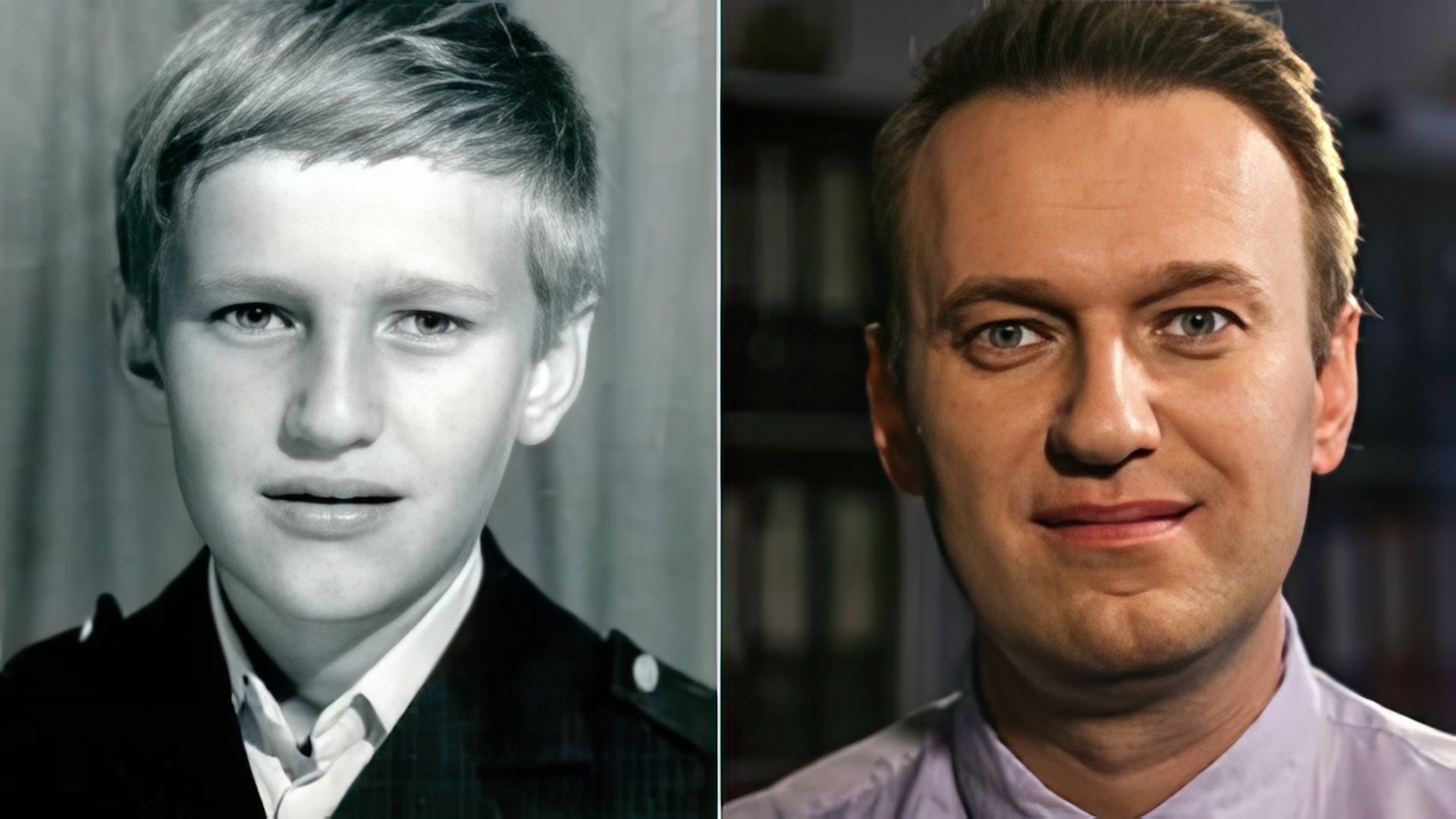
In 1994, he graduated from Alabino School in the suburban settlement of Kalinets and enrolled in the Law Department at Peoples' Friendship University of Russia—missing admission to Moscow State University by just one point. In 1999, he enrolled at the Financial Academy under the Government of Russia in the Finance and Credit Department, earning his diploma in Securities and Stock Market in 2001.
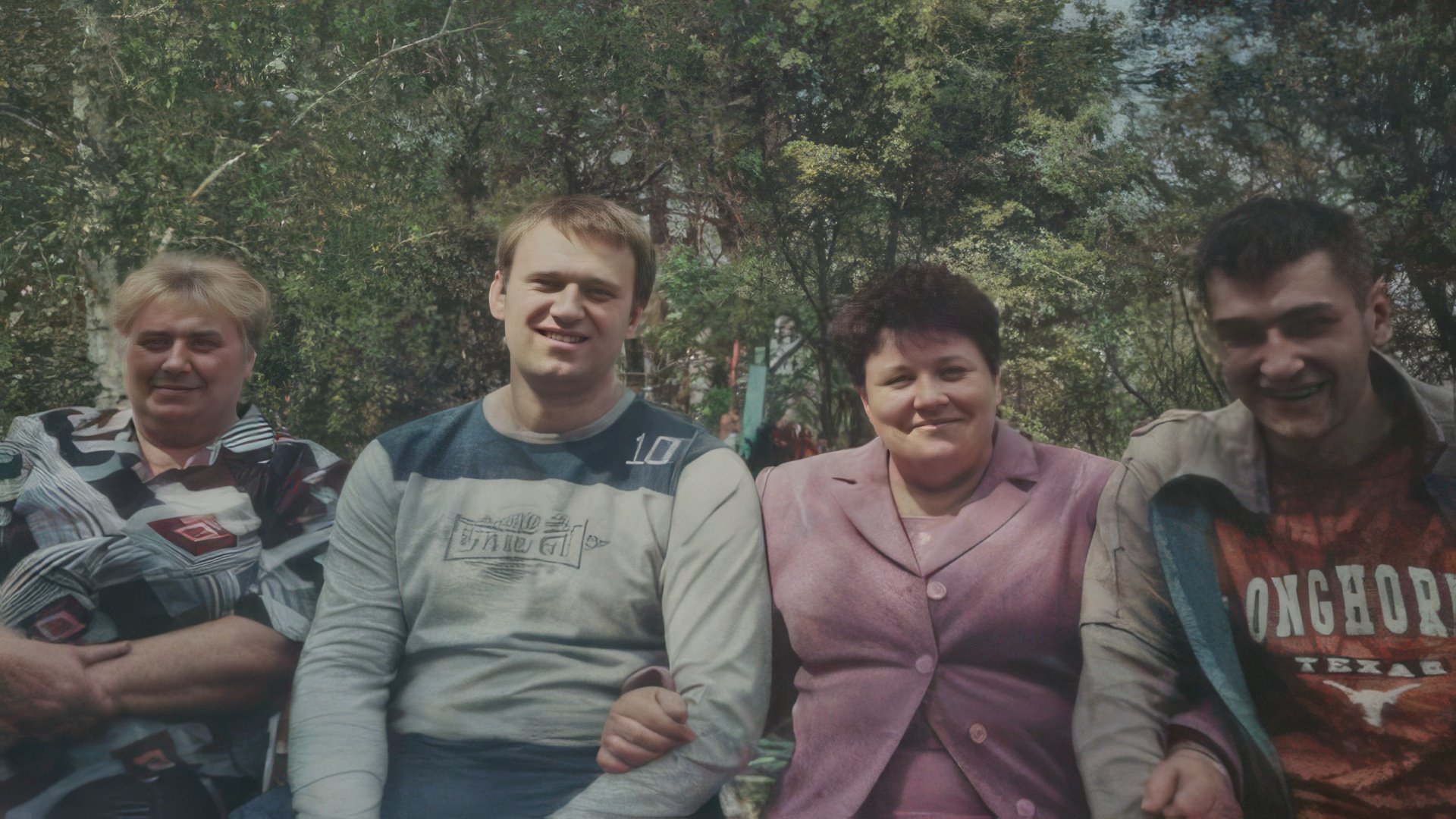
Labor Activity and Business
While still studying at RUDN University, Navalny landed a job as a lawyer at Aeroflot Bank. In 1997, he founded the limited liability company "Allekt," and in 1998, he started working for the Chigirinsky brothers' "ST-group" (now "Snegiri"). He worked there for about a year, handling currency control and antitrust legislation. In 1999, two things happened—Navalny left "ST-group" and earned his law degree.Public and Political Activities
In 2000, Alexey Navalny joined the democratic party Yabloko and became a member of its Federal Political Council. Two years later, he was elected to the regional council of Moscow's Yabloko branch. From 2004 to 2007, Navalny led the office of the Moscow Regional branch of the party.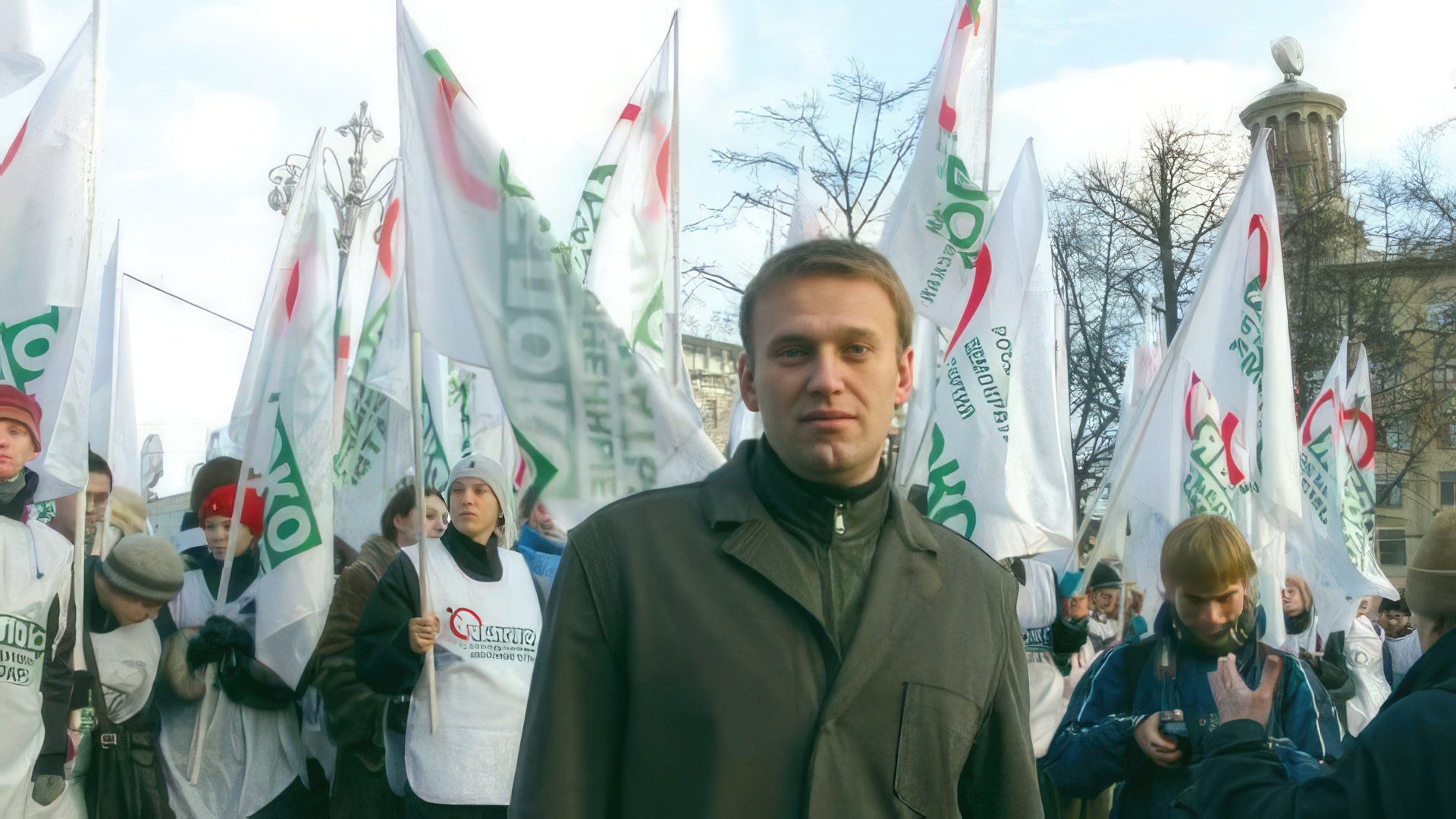
In 2004, Navalny founded the "Committee for the Protection of Muscovites," a citywide movement fighting corruption in urban planning and violations of citizens' rights. A year later, Alexey and like-minded allies launched a new youth movement called "DA!" (Yes!). He also coordinated the "Police with the People" project.
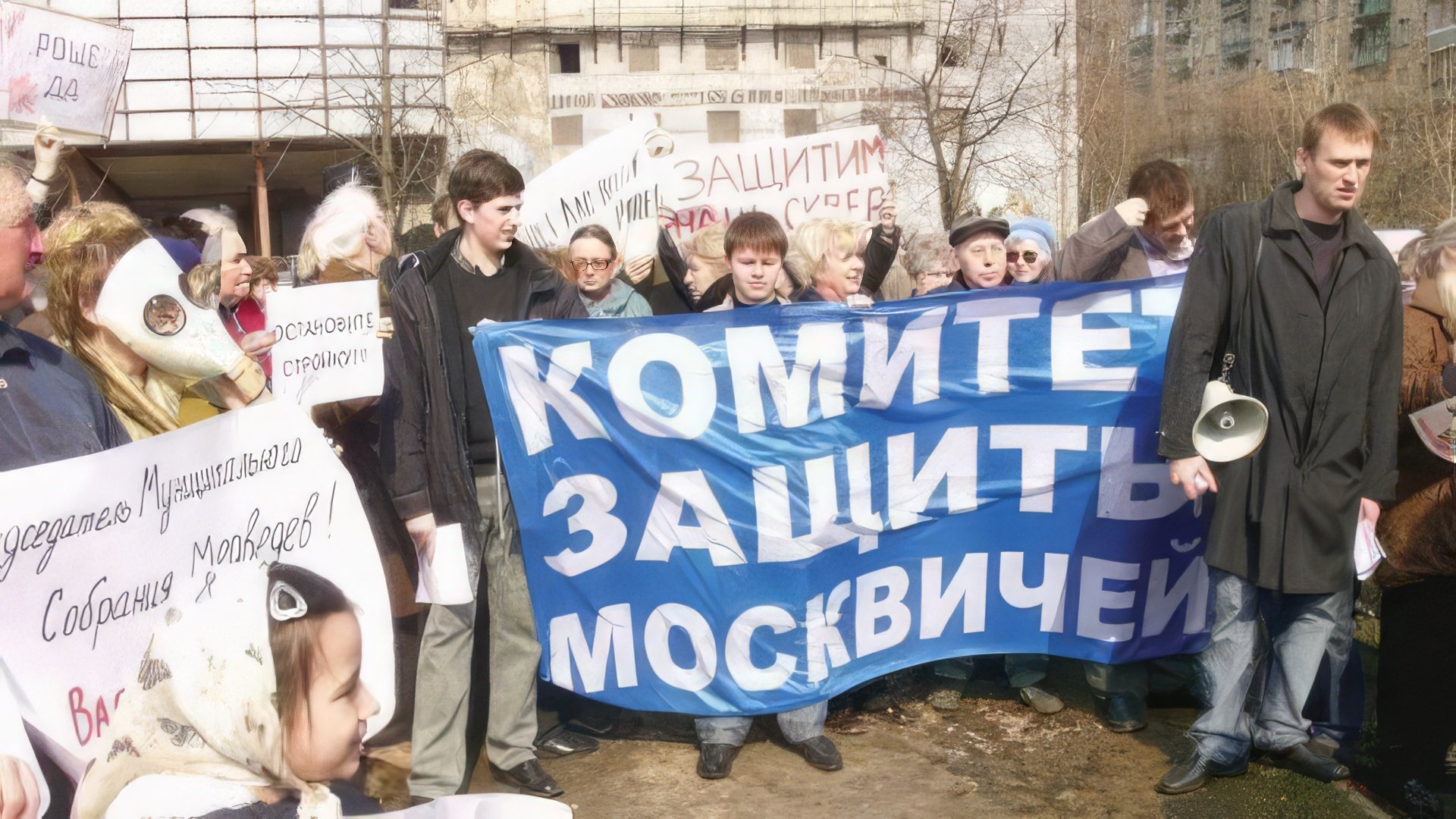
In 2007, he co-founded the national-democratic movement "Narod" along with writer Zakhar Prilepin and Sergey Gulyaev. It was planned that "Narod" would eventually join the "Another Russia" coalition, but this did not happen.
In 2008, Navalny established the "Union of Minority Shareholders," which defended the rights of private investors.
Navalny participated in nationalist "Russian March" parades. In 2008, he witnessed OMON police brutally detaining "Slavic Union" leader Dmitry Demushkin and offered to defend him in court.
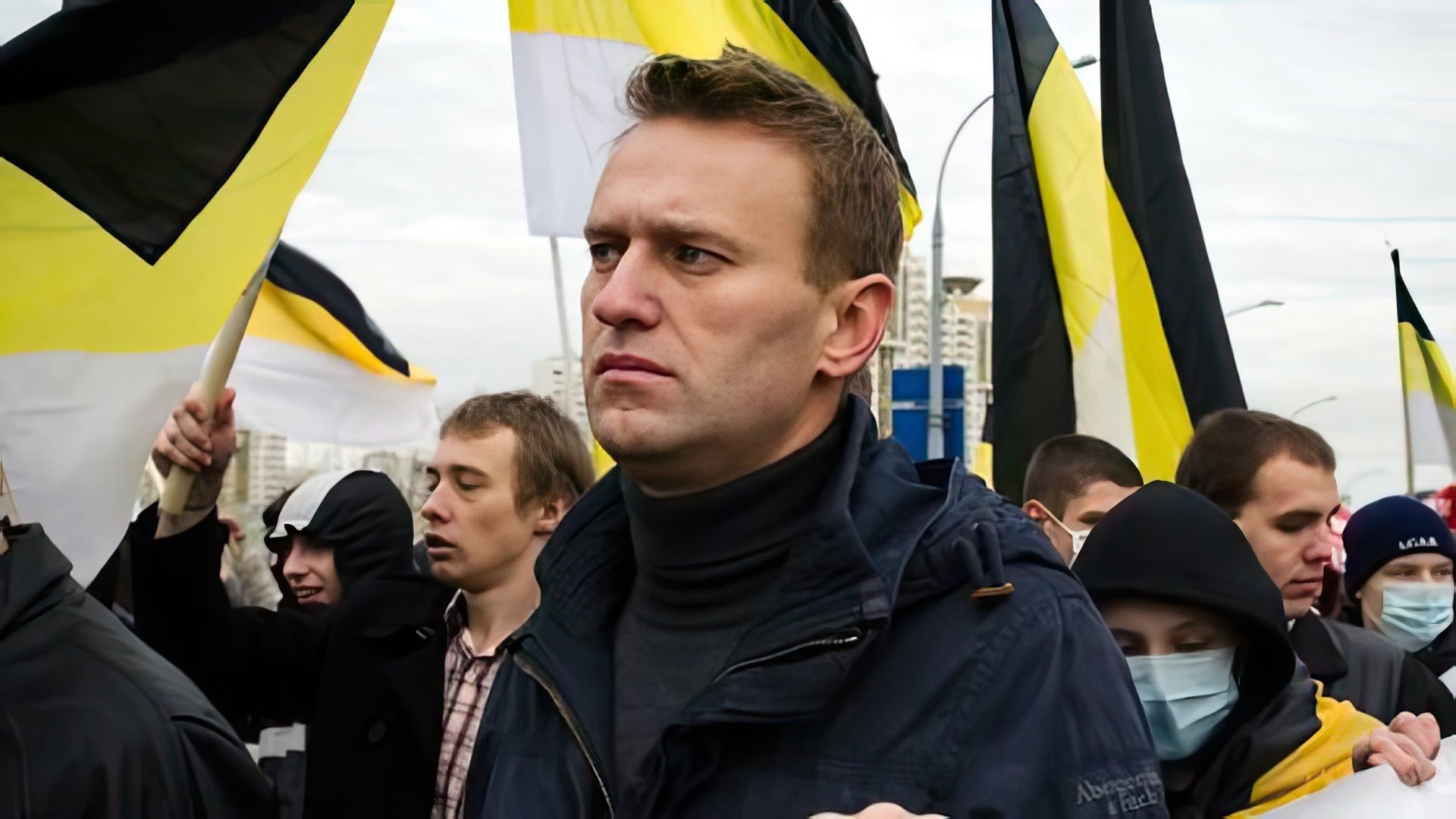
Anti-Corruption Activities
In May 2008, Navalny announced on his blog that he and his allies were determined to uncover why major Russian state-owned oil companies were selling their oil through the trader Gunvor. According to Alexei, he'd reached out to the heads of Rosneft, Surgutneftegas, and Gazprom Neft, but got no explanations. Navalny is a minority shareholder in these companies, as well as in VTB.At the end of 2010, Navalny launched the RosPil project, which aimed to combat corruption in government procurement. By May 2011, the project had exposed fraudulent activities in government auctions totaling 1.6 billion rubles, with RosPil participants stopping fraud worth 337 million rubles. The project won an award from the international blog competition The BOBs for being the most socially useful resource.
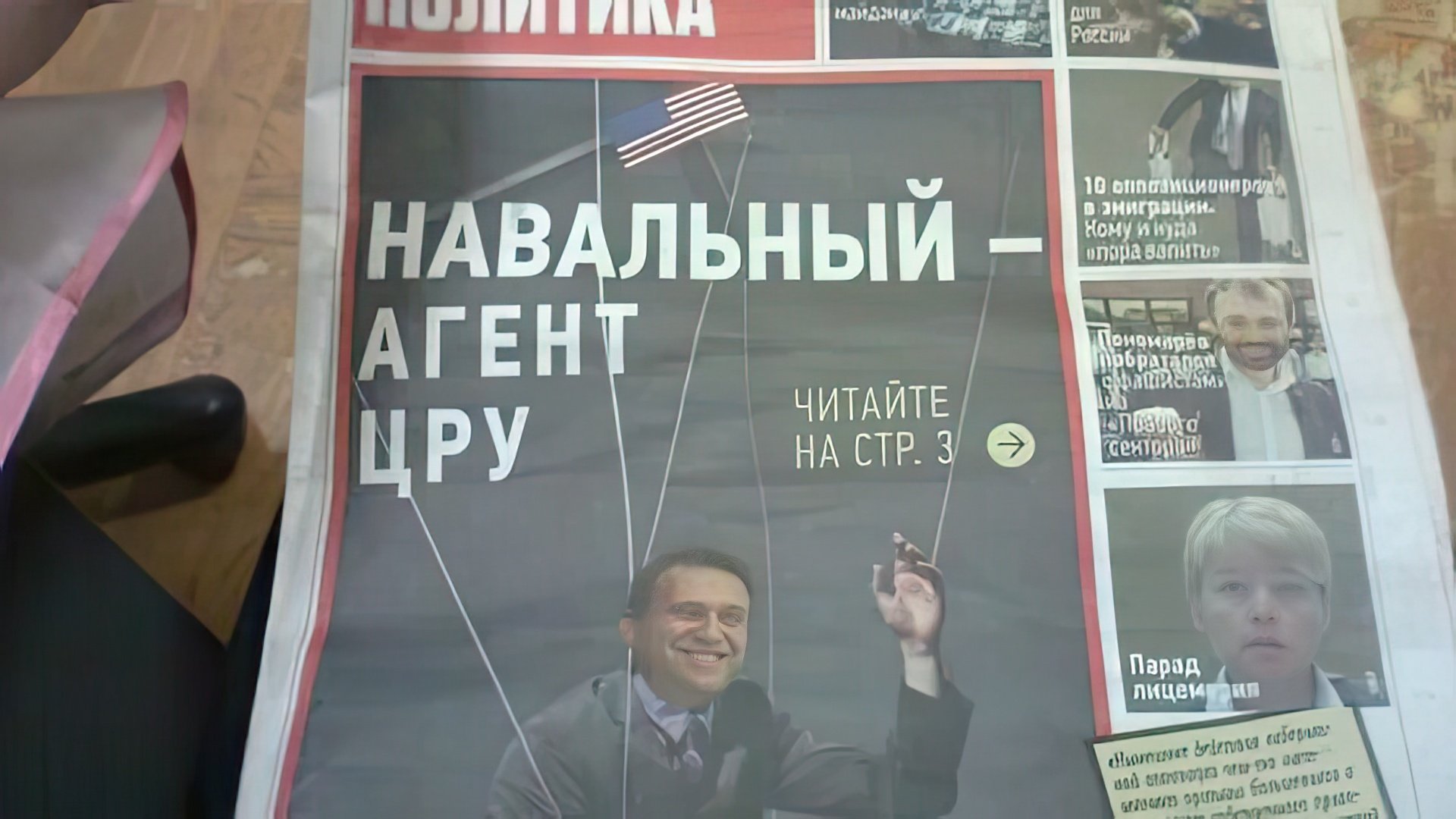
"Party of Crooks and Thieves" is the internet meme famously coined by Alexei Navalny. The phrase was born on February 2, 2011, during a Finam FM radio broadcast. Soon after, reports emerged that rank-and-file party members were offended and planned to sue. In response, Navalny initiated a poll on his blog: "Is United Russia a party of crooks and thieves?" Of the 40,000 participants, 96.6% answered "yes."
In early 2012, Navalny and his team launched the RosVybory project to monitor the presidential elections. About 17,000 observers participated in the project.
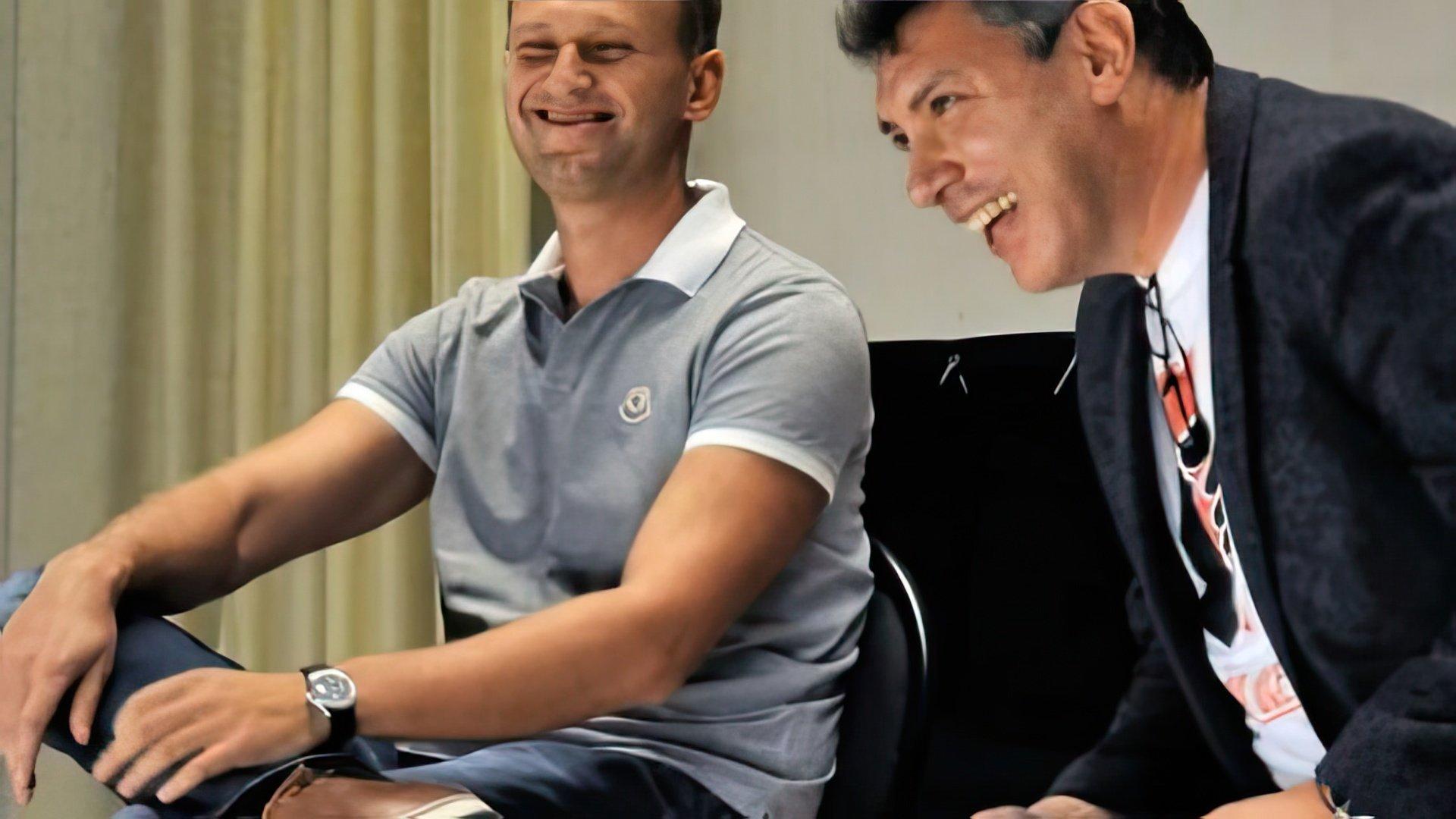
The FBK repeatedly went after Vladimir Yakunin, head of Russian Railways, claiming he owns a "modest" dacha near Domodedovo that spans several dozen hectares. Internet users were most shocked by a separate room dedicated to storing fur coats.
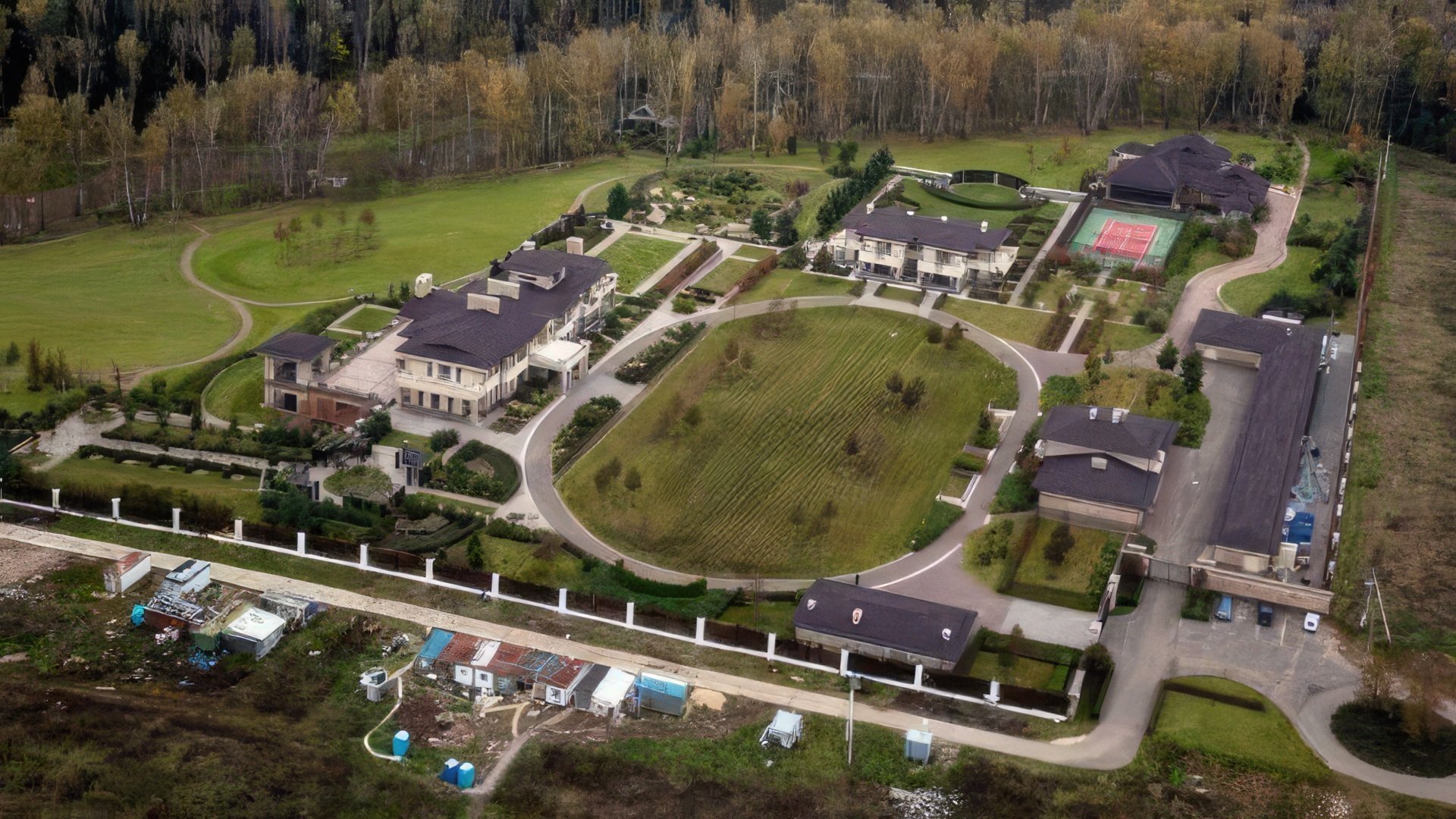
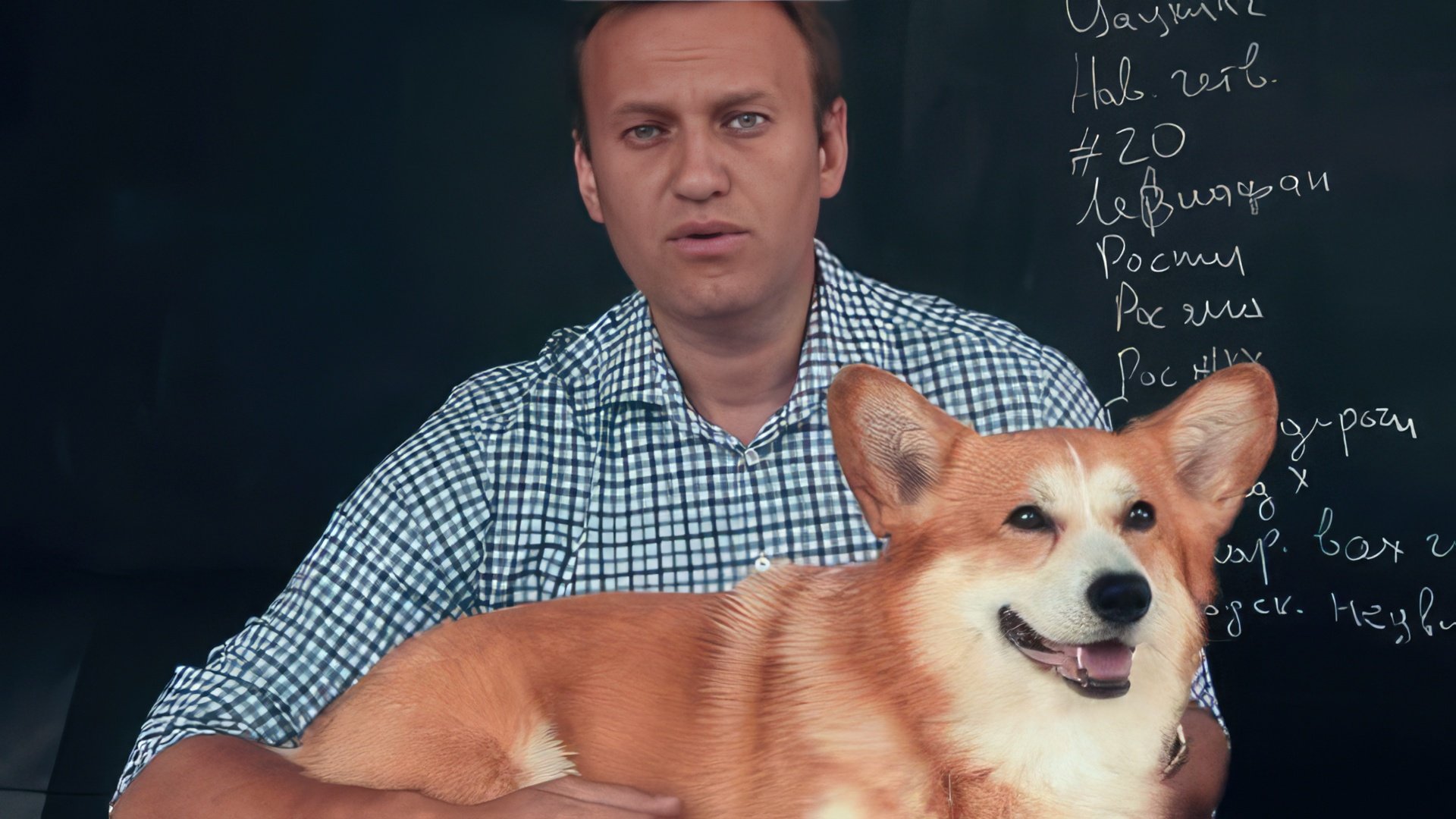
Navalny in the Moscow Mayoral Election
Alexei Navalny announced his run for Moscow mayor in the early 2013 election, representing the RPR-Parnas party.Acting Mayor Sergey Sobyanin commented on Navalny's actions as follows: "Frankly, I don't know what prospects candidate Navalny has. We did everything we could to register him, so Muscovites would have more choice among mayoral candidates."
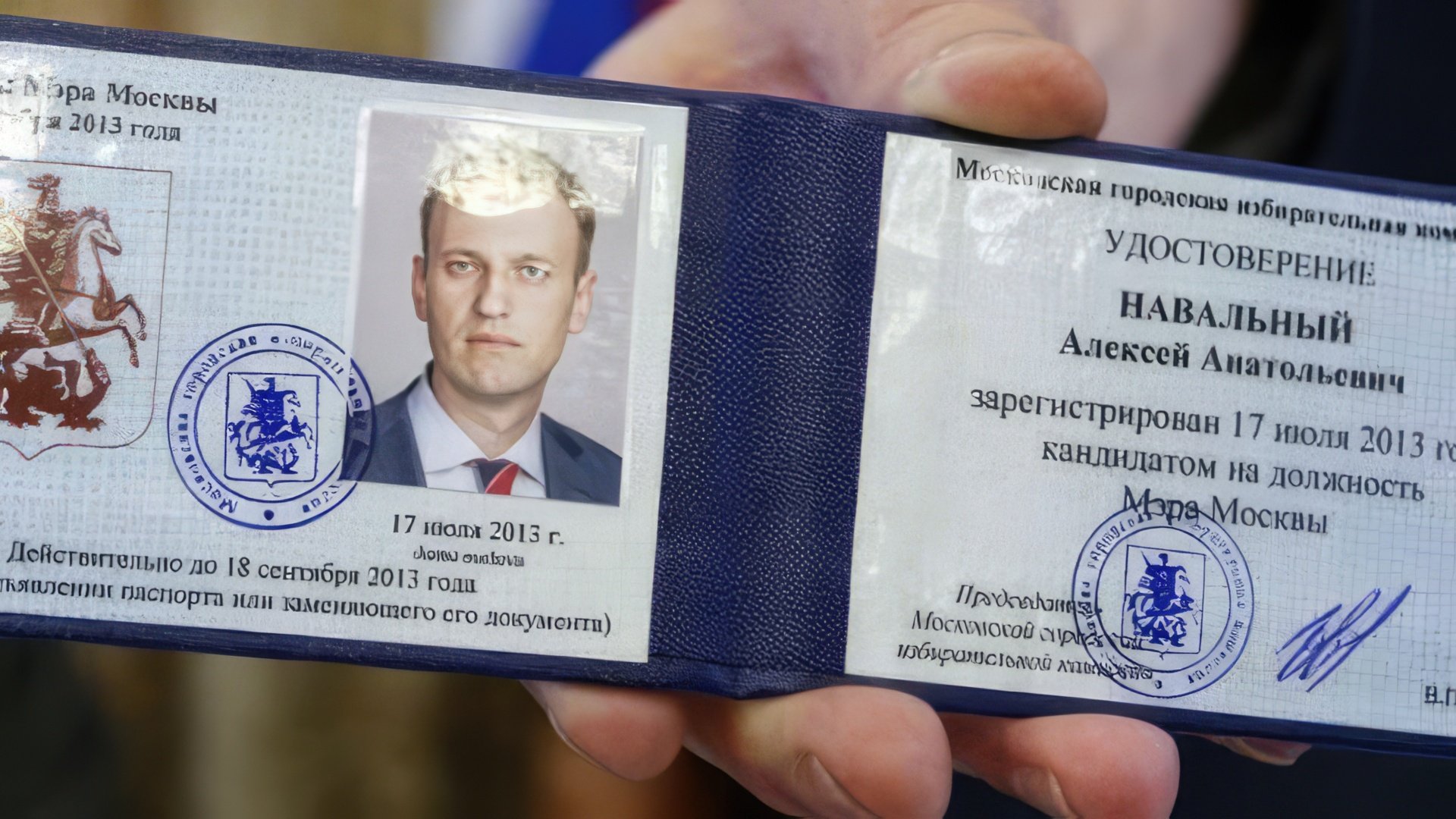
The Kirovles Case Trial
On December 5, 2011, the day after the State Duma elections, Alexey Navalny spoke at an authorized rally on Chistoprudny Boulevard. The Moscow residents who gathered at the rally voiced their opposition with the election results, accused the electoral commission and United Russia party of fraud.After this event, Navalny and his supporters went on an unauthorized march to the Central Election Commission of Russia, where he was detained by the police. The next day, Navalny was found guilty of resisting law enforcement officers and was sentenced to 15 days of administrative detention. He was released on December 21.
In May 2011, a criminal case was initiated against Alexey Navalny under Article 165 of the Criminal Code of the Russian Federation – "causing property damage by deception or breach of trust". The case centered on allegations that Navalny and businessman Pyotr Ofitserov, owner of the "Vyatskaya Forest Company", misled the director of the state enterprise "Kirovles" Vyacheslav Opalev, leading him to sign a contract that hurt his company and causing losses of 16 million rubles.
Navalny denied the charges, claiming the case was politically motivated because he had recently presented information about embezzlement at "Transneft" in his blog, and also accused Opalev of "creating completely outrageous schemes" for selling timber. According to Navalny, he achieved Opalev's dismissal and a full audit of "Kirovles", which served as the reason for initiating the case.
After the proceedings, the case was dropped on April 10, 2012, for lack of evidence. It was later reopened on orders from Investigative Committee leaders. However, the decision to drop the case was overturned on May 29 of the same year.
The case was brought to court again in April 2013. Prosecution witnesses testified that "Kirovles's" partnership with "VLK" lost money for the state company. But "VLK's" business partners testified that timber was shipped at market prices and they had no complaints about the defendants. Kirov region governor Nikita Belykh, who testified in court, also said "VLK's" activities didn't harm the region.
On July 18, 2013, Navalny was sentenced to five years in a penal colony and a fine of 500,000 rubles, and Ofitserov to four years in a penal colony with a similar fine. The sentence was passed during Navalny's mayoral campaign.
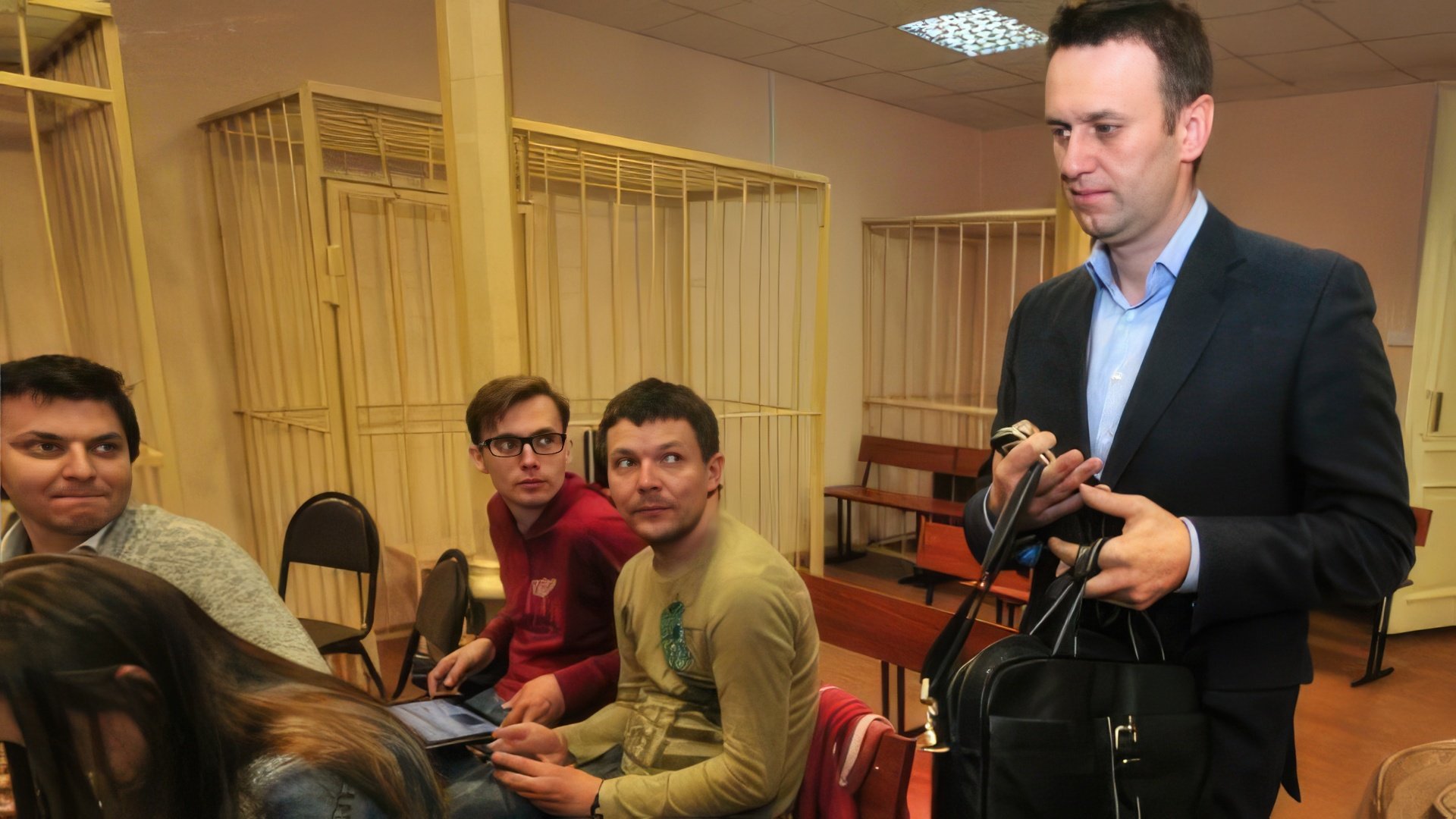
Alexey Navalny appealed to the ECHR, which in February 2016 confirmed violations of the defendants' rights in the "Kirovles" case, but stopped short of recognizing it as politically motivated, despite insistence from Navalny's and Ofitserov's lawyers.
Presidential Elections
In December 2016, Alexei Navalny announced his intention to run in the 2018 presidential elections, officially launching his campaign. During the campaign, he and his supporters opened several campaign headquarters in major Russian cities.In March 2017, the Anti-Corruption Foundation posted a 50-minute film on YouTube titled "He Is Not Dimon to You," which investigated a "multi-level corruption scheme" involving Dmitry Medvedev. Three weeks later, massive rallies erupted across Russia, with participants demanding Medvedev respond to the video's allegations.
On March 26, during an unauthorized rally on Tverskaya Street, Alexei Navalny was detained by law enforcement. He was fined 20,000 rubles for organizing the unauthorized rally and sentenced to 15 days in administrative detention for "resisting a police officer's lawful demand."
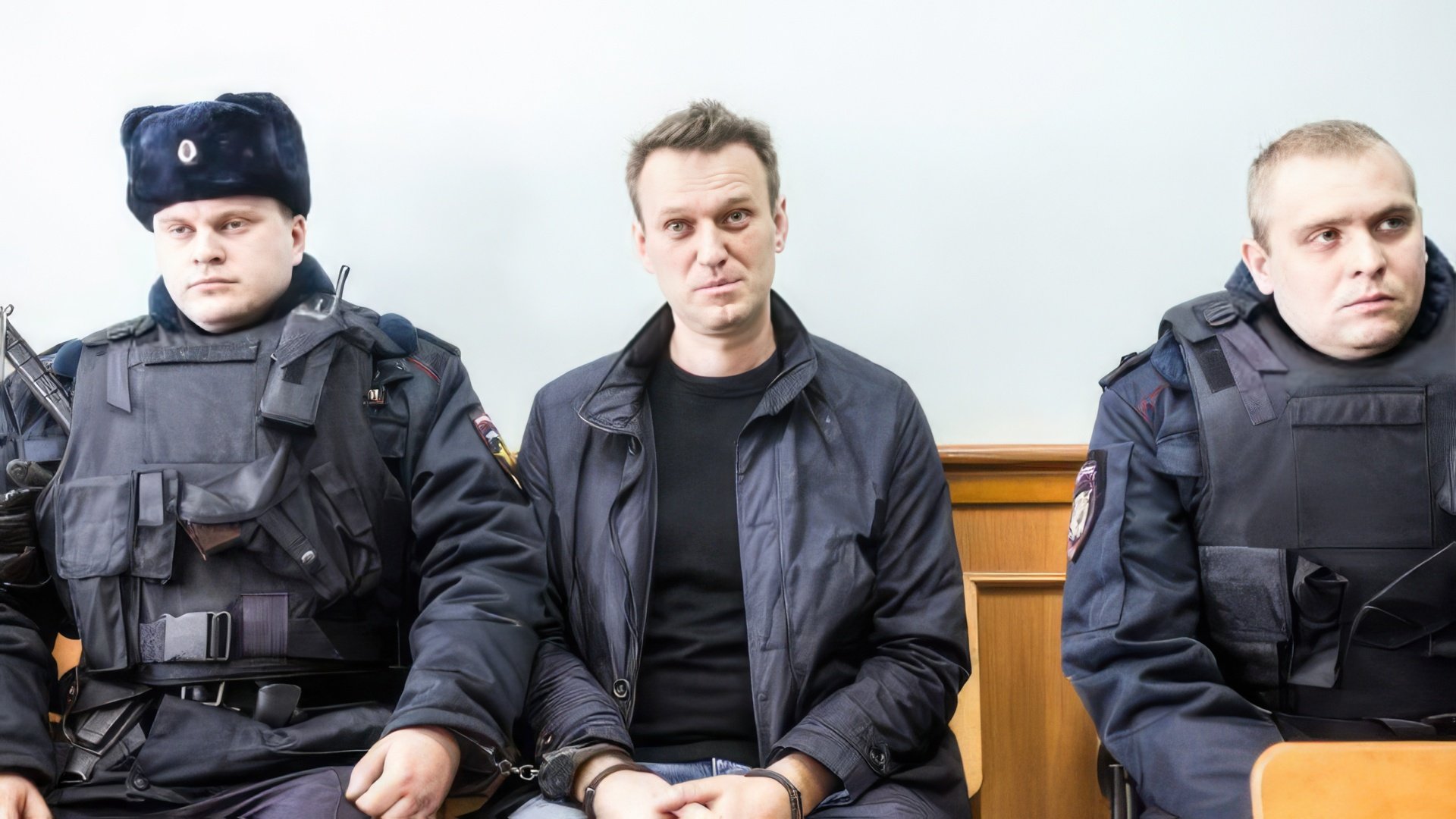
During his campaign, the politician held a series of large-scale rallies across Russian cities.
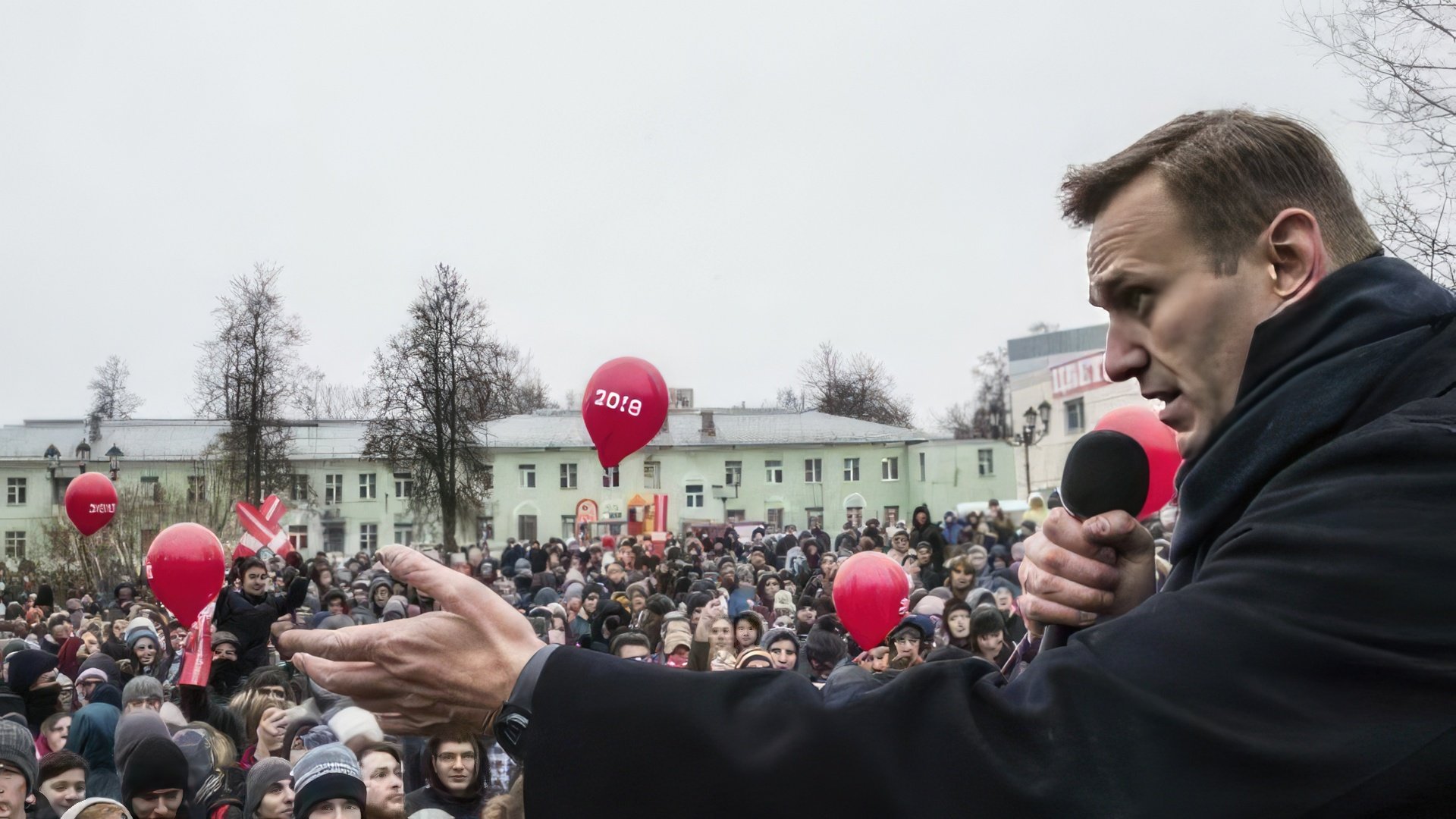
For the anti-inauguration action titled "He Is Not Your Tsar" (held on May 5, 2018), Navalny was arrested ten days later and sentenced to 30 days. The campaign ended, and the FBK returned to its main activities: it exposed Mikhail Prokhorov for bribing Deputy Prime Minister Alexander Khloponin, found a 2 million euro Paris apartment owned by propagandist Aram Gabrelyanov, and so on.
The Personal Life of Alexey Navalny
Alexey Navalny was married to Yulia (née Abrosimova). They met in 1999 while on vacation in Turkey. The couple has two children: a daughter Daria (born in 2001) and a son Zakhar (born in 2008).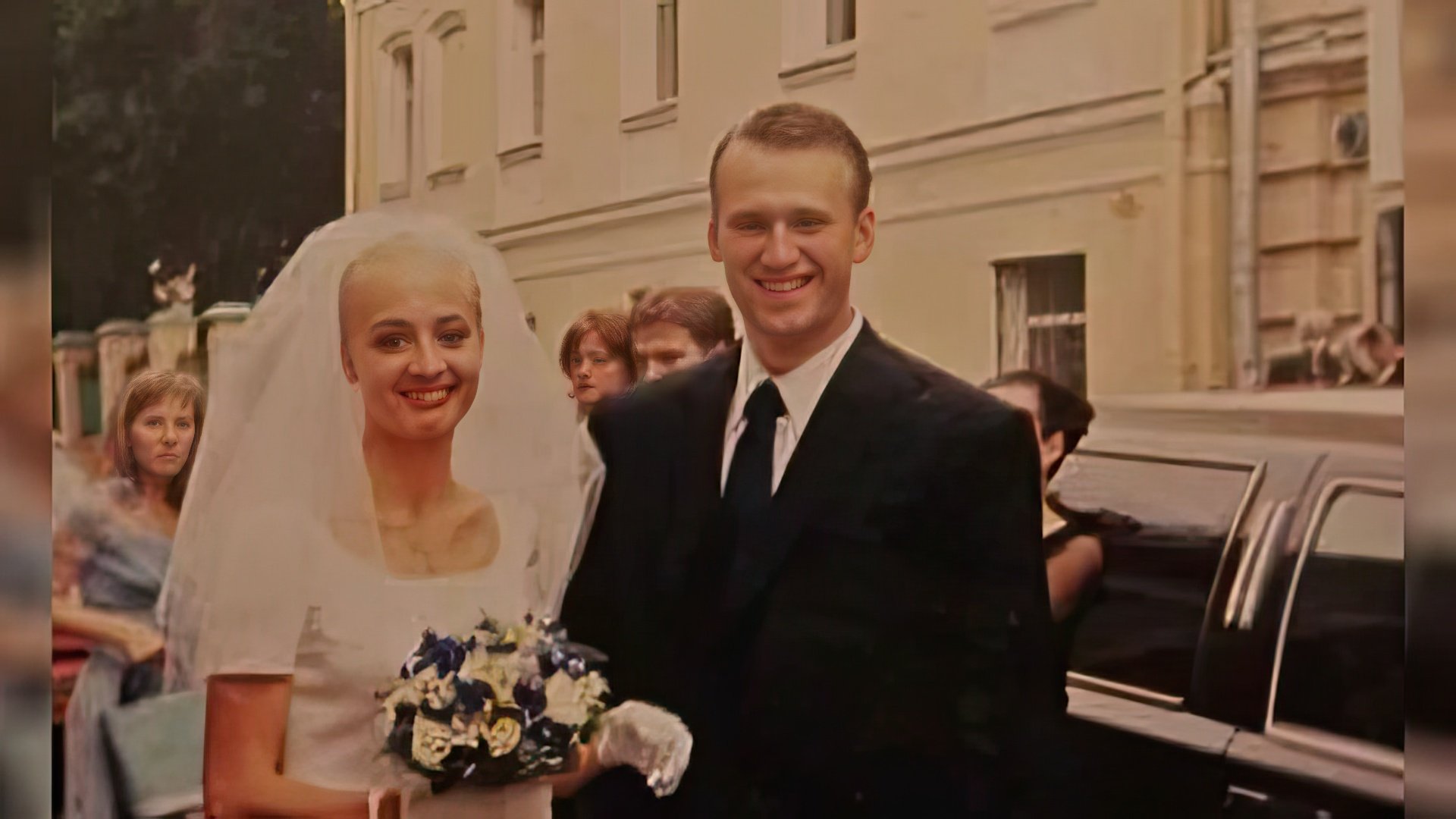
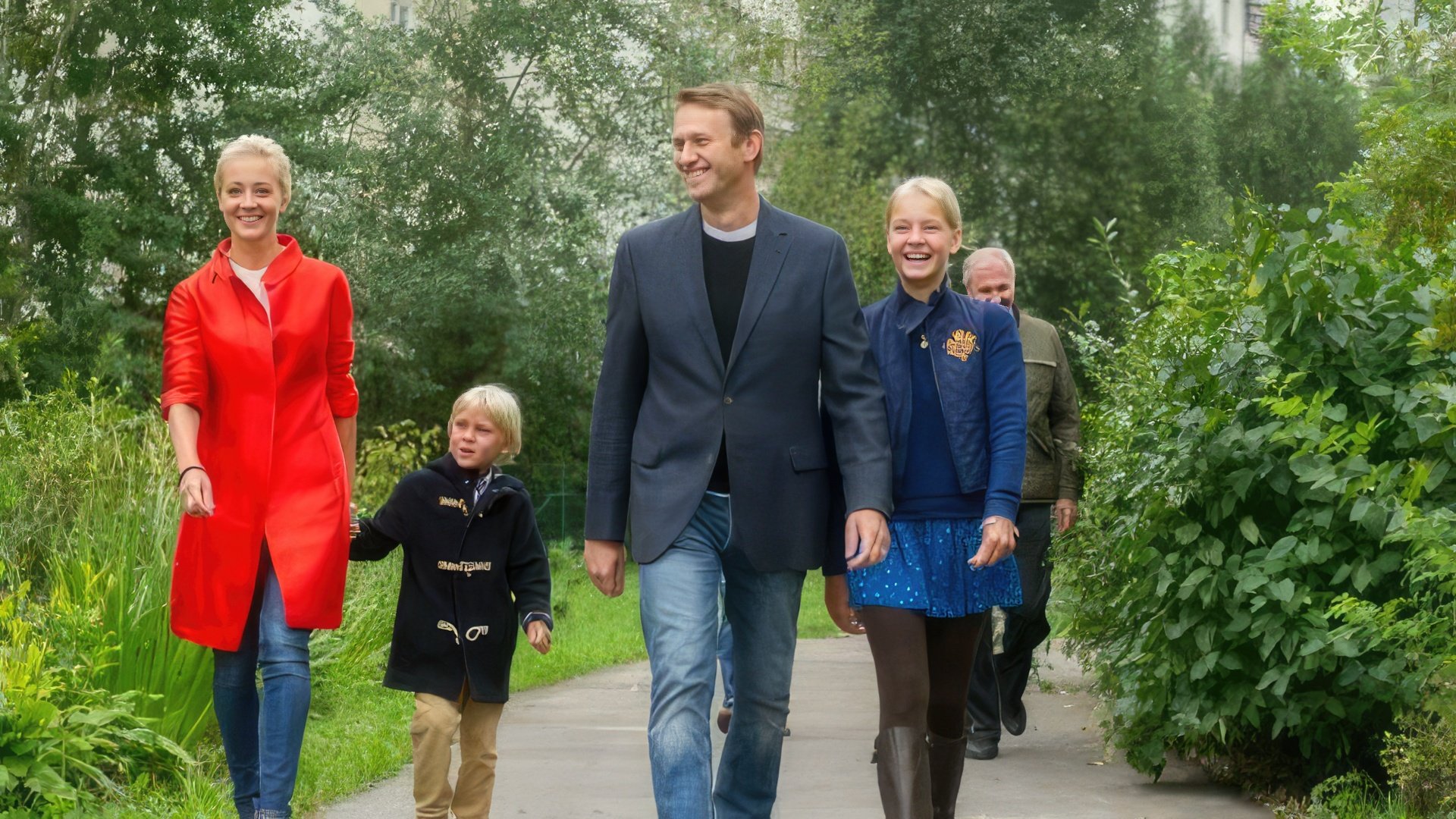
The Poisoning of Alexei Navalny
On the morning of August 20, 2020, Alexei Navalny's press secretary Kira Yarmysh reported that Alexei had been hospitalized for poisoning. The politician was flying from Tomsk to Moscow when he lost consciousness mid-flight. The plane made an emergency landing in Omsk, where Navalny was rushed to the toxicology department, placed in intensive care, connected to a ventilator, and put into a medically induced coma. According to Yarmysh, he had only drunk hot tea that morning.Alexei's relatives insisted on his transfer to the Charité hospital in Germany. Boris Zimin, president of VimpelCom, sponsored the flight. But Omsk hospital staff insisted Alexei wasn't fit for transport and refused to discharge him, despite the family's demands. Meanwhile, Yarmysh reported a heavy presence of "uniformed people" at the hospital.
On the morning of August 22, Navalny was finally transported to Germany. Two days later, Charité hospital doctors confirmed that Navalny had been poisoned with a cholinesterase inhibitor similar to the Novichok nerve agent used in the Skripal poisoning in London. In early September, the German government issued an official statement calling for an open investigation into Navalny's poisoning.
On September 7, Alexei Navalny was brought out of his coma and taken off the ventilator. The politician was reportedly breathing on his own and responding to speech. On September 10, Navalny fully regained consciousness, Bellingcat and Der Spiegel reported. On the 15th, Navalny personally reached out to his followers via Instagram:
In December, Bellingcat released a video investigation on YouTube naming Navalny's poisoners – according to the report, they were FSB agents with medical and chemical training. For their investigation, the journalists used information from databases commonly believed to be "leaked" for money by security service representatives.
A week later, Alexei posted another video where he calls one of his potential poisoners and gets confirmation: there was indeed an attempt to poison Navalny, the poison was applied to the "elastic band of his underwear," and his life was saved only by the plane's early landing and the administration of atropine upon hospitalization. The press immediately dubbed the incident "Underweargate."
Return to Russia
While Alexey was receiving treatment in Berlin, Russia's Federal Penitentiary Service (FSIN) challenged Navalny's compliance with probation terms in the Yves Rocher case, claiming he failed to meet FSIN requirements and "evaded inspection control." The accusations surfaced just one day before his probation period expired (December 30). The FSIN demanded to replace the suspended sentence with actual prison time.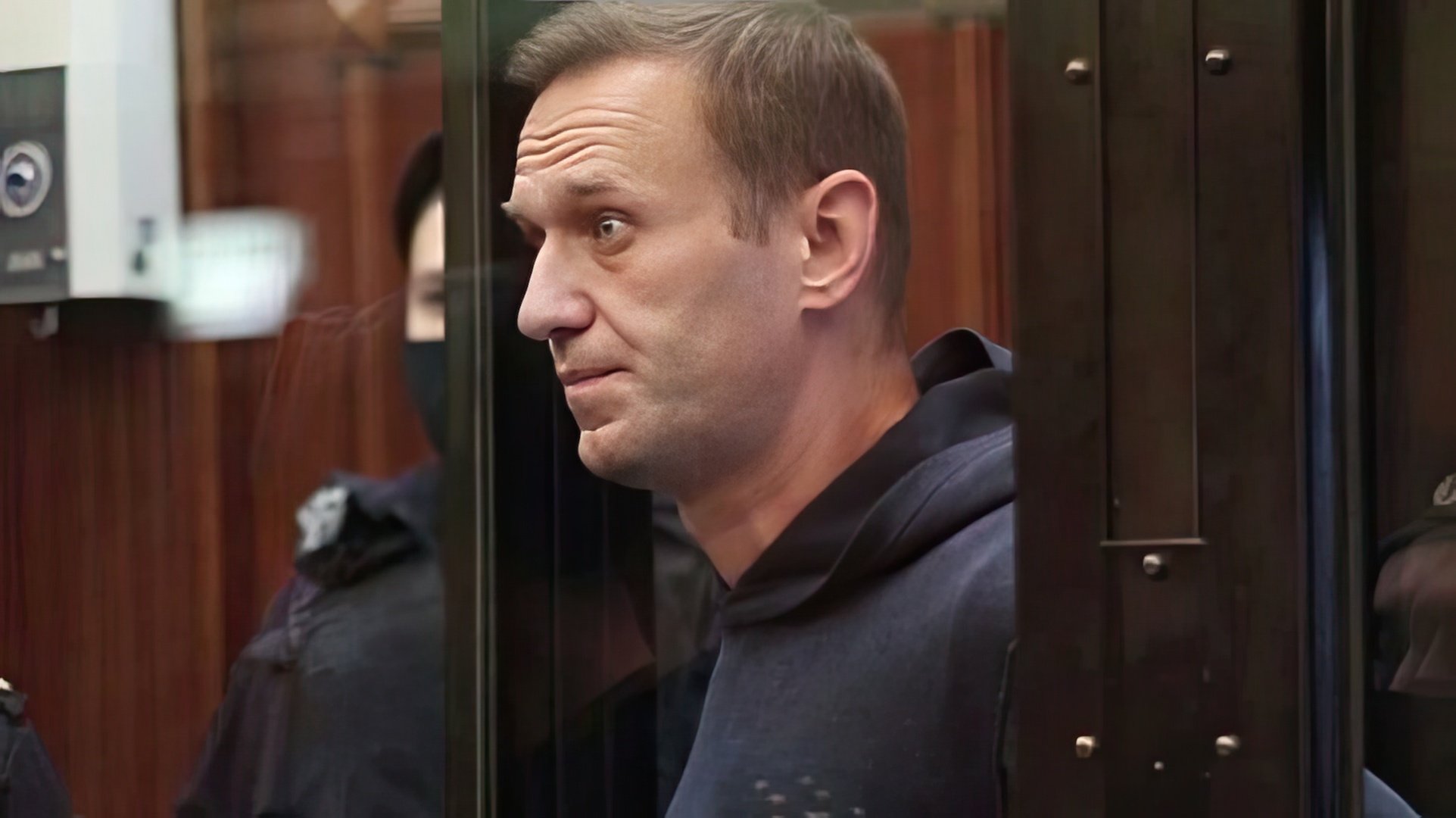
Navalny in Prison
Alexei Navalny was sent to serve his sentence at Penal Colony No. 2 in Pokrov, Vladimir Region. This penitentiary is known as a "red" colony, meaning it operates strictly under official law rather than "thieves' law" (unlike "black" colonies), with prison administration monitoring every prisoner action.Alexei soon started experiencing health issues: his right leg began to fail, followed by numbness spreading to other limbs. During his trial for slandering veteran Artemenko (Navalny had called people in a pro-Constitution amendment ad, including the war veteran, "lackeys"), the opposition leader was visibly in pain while moving.
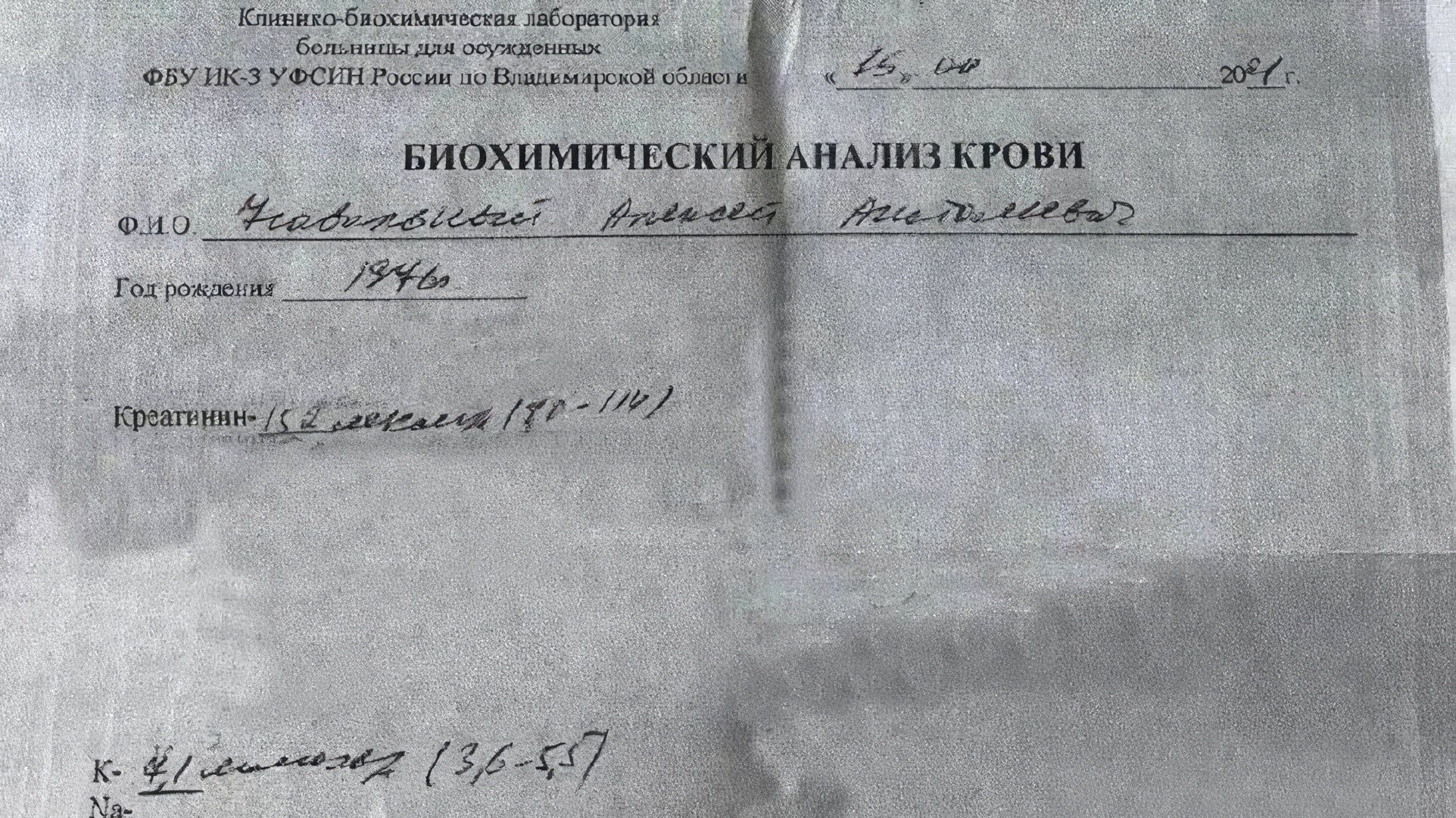
On March 22, Alexei was found guilty of court slander and fraud – the court ruled he'd embezzled donations to his Anti-Corruption Foundation. He received a 9-year sentence in maximum-security prison plus a 1.2 million ruble fine.
By December 5, 2023, Alexei Navalny's location was unknown. Three weeks later, his lawyers found him at Penal Colony No. 3 in Kharpe, far north of the Arctic Circle.
Death
On February 14, authorities sent Navalny back to solitary confinement for 15 days.On February 16, 2024, Federal Penitentiary Service representatives announced the death of Alexei Navalny. The official statement said Navalny felt unwell after a walk, lost consciousness, and couldn't be resuscitated.
Navalny felt ill at 1:00 PM, and his death was pronounced at 2:17 PM. RT reported, citing sources, that Navalny died from a pulmonary embolism.
Found an error? Select the text and press Ctrl+Enter
Error in the text? Select it — a send button will appear
Publication Details
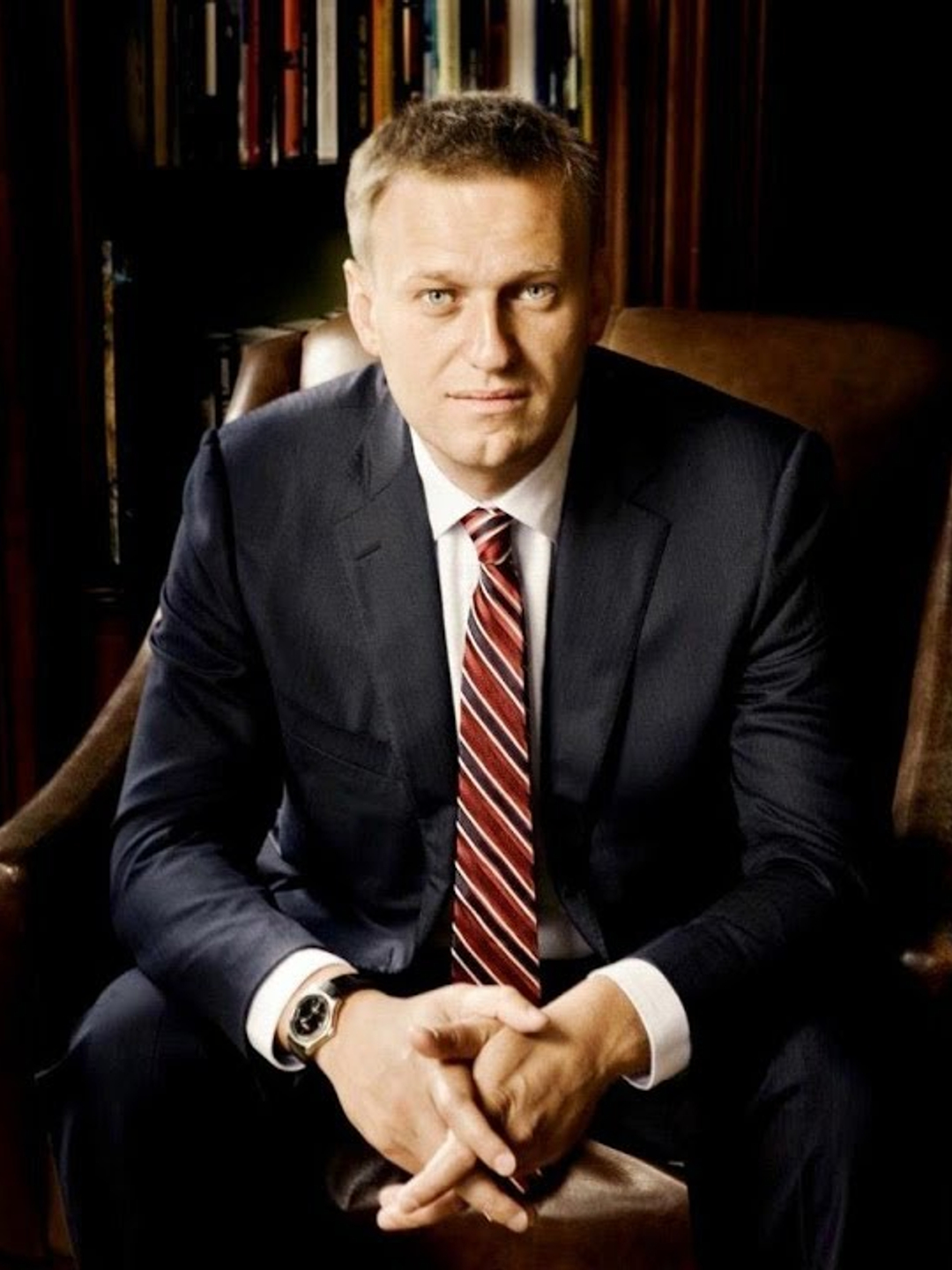

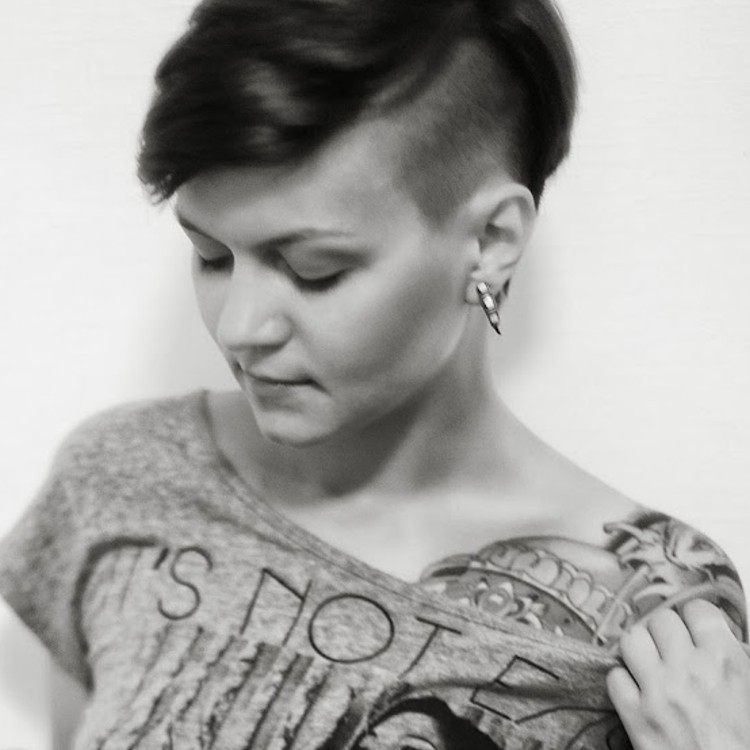

-
Jon Barnes
2021-05-12 11:51:15
-
Amy Craig
2021-04-20 18:32:35
-
Herbert Anderson
2021-03-25 18:00:53
-
Jessica Garcia
2021-03-09 19:41:17
-
Richard Arnold
2021-02-18 20:47:20
5